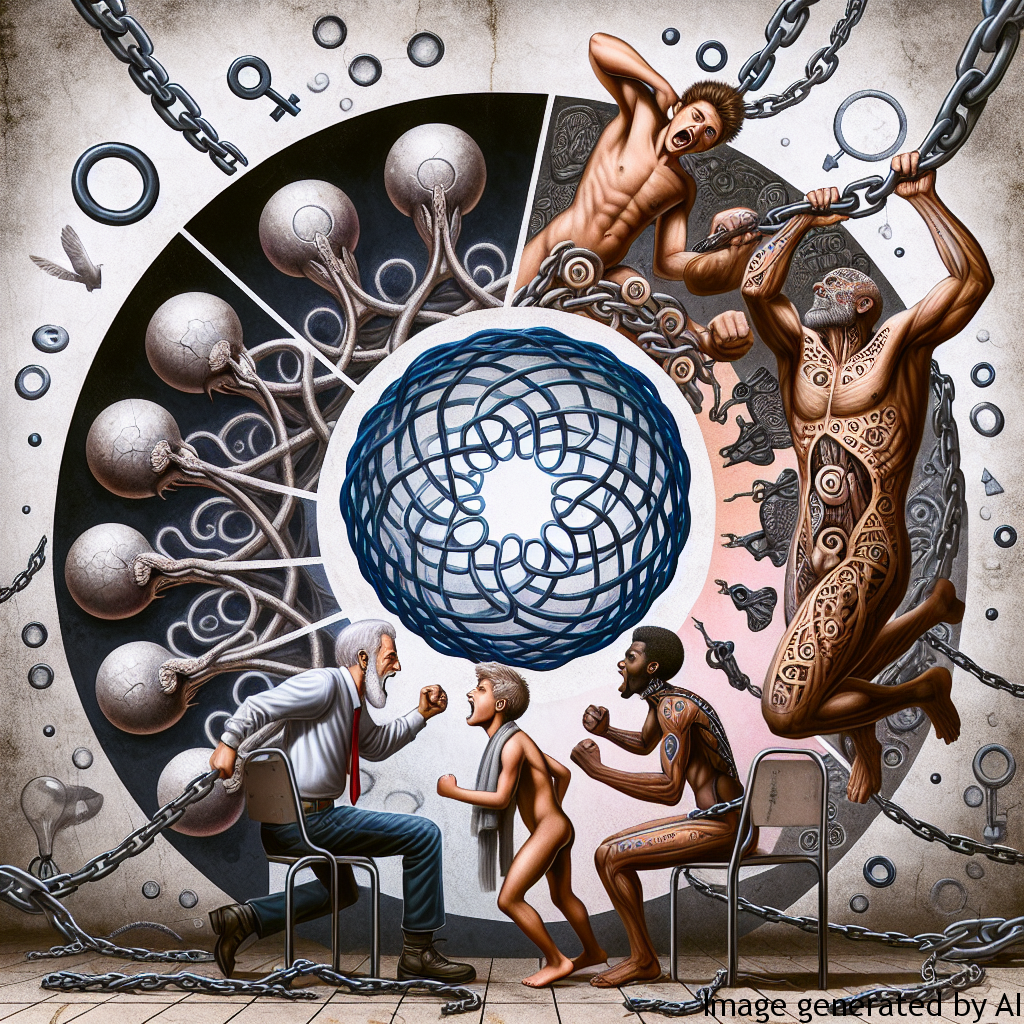Introduction
Libido, or sexual drive, is a natural part of one’s identity. However, societal expectations and gender stereotypes may often distort the perception of libido, particularly among men. Due to longstanding prejudices and conventions, men are often expected to have a high libido, treated as something akin to a symbol of virility and masculinity. However, these stereotypes can lead to significant psychosocial problems and inhibit personal development. This article aims to unpack these stereotypes and propose strategies to minimize their effects.
Description of Gender Expectations and Their Impact on Men’s Psychological Health
Gender Expectations
Media portrayals and societal expectations often draw a picture of a man as an ever-desiring sexual creature. This stereotype, though being fundamentally unfair and simplistic, has significant consequences for men’s self-perception and their interactions with others. Men who do not conform to this expectation may feel marginalized or judged, which can manifest as anxiety, depression, or even social isolation.
Impact on Psychological Health
When compounded over time, the pressure to conform to these stereotypes can lead to psychological difficulties. The inability to meet such an unwarranted standard of masculinity can create insecurities and self-esteem issues. Not to mention potential difficulties in forging intimate relationships, as unrealistic expectations can strain a couple’s understanding and overall relationship dynamic. It can lead to a deep feeling of inadequacy and chronic stress, which can manifest in more severe mental health problems later on.
Examples of How Gender Roles Can Affect Men’s Lives
When men feel the burden to always exhibit high libidos, it can lead to risky sexual behaviors and disrespect towards boundaries in a bid to affirm their masculinity. This can harm both individuals involved and potentially lead to relationship troubles, or even legal repercussions. On the other hand, men with lower libido levels may feel the need to pretend or lie about their desires, hence leading to anxiety, depression, and relationship conflicts. They might also shy away from seeking professional help for fear of being judged or stigmatized, worsening their mental distress.
Tips for Improving Psychological Health Considering Gender Roles
Breaking down these stereotypes starts with education and revising societal norms. Fostering open conversations about men’s mental health and sexual desires is essential. Men should be encouraged to acknowledge their feelings and seek professional help when needed. It’s also important to teach everyone, regardless of gender, that libido levels vary for each individual and do not define one’s masculinity or worth. Mental health professionals should be adept at helping clients challenge these harmful stereotypes. Furthermore, media and societal institutions need to take responsibility in presenting a more diverse and authentic depiction of male sexuality and its complexities.
Conclusion
Essentially, stereotypes about male libido can negatively impact men’s psychological health and personal development, confining them within an unfair and limiting framework. Addressing these stereotypes, facilitating open discussions, promoting education, and fostering empathy are crucial steps in decreasing their harmful effects. In the end, understanding that a man’s worth is not dependent on his sexual desire but rather his character, emotional intelligence and other diverse facets of his personality fosters a healthier, more inclusive society.

